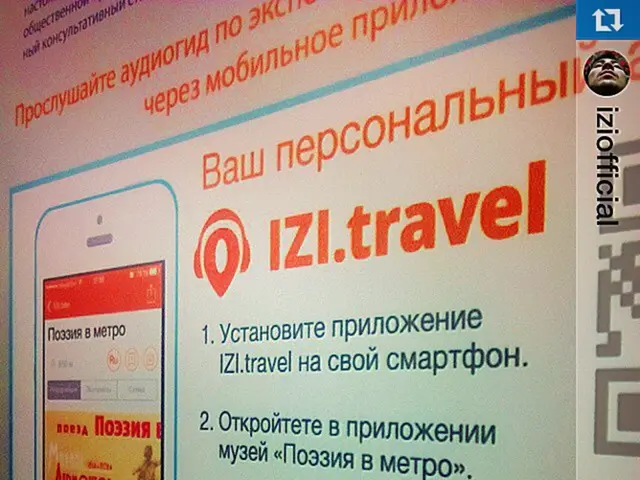Bristol Myers Squibb - A Notable Contender for High-Yield Dividends?
Bristol Myers Squibb (BMS), a multinational pharmaceutical company, is currently facing short-to-medium-term revenue challenges due to generic competition and patent expirations for drugs like Revlimid, Opdivo, and Eliquis [1]. This volatile portfolio reset has resulted in an expected 4.2% annual revenue decline through 2028 [2]. However, the company is strategically shifting its focus towards immunology and long-term growth areas.
BMS's Q2 2025 financials exceeded expectations, but the company has lowered its full-year earnings guidance, citing ongoing generic competition and charges related to strategic partnerships [1]. Despite these challenges, BMS has a strong financial position, generating almost $3 billion in free cash flow during the most recent quarter and exiting with over $9 billion in cash and cash equivalents [3].
The company's focus on immunology is evident in its pipeline-driven growth approach, which includes top-ranked CAR-T therapies like Breyanzi in the U.S. and new market launches [2]. BMS has also been linked to a possible deal with Prometheus Biosciences for its immunology assets, reinforcing the notion that a mid-sized acquisition is likely in BMS's near future [4].
For income investors, BMS is traditionally seen as a dividend payer, offering a yield of 3.57% and having boosted its dividend for 14 consecutive years [5]. However, the lowered guidance and near-term revenue decline could impact dividend growth or stability. Investors should weigh the potential for long-term growth via immunology and innovative therapies against current headwinds from generics and earnings pressure [1].
The stock's wide-ranging valuations, with fair value estimates from $55.15 to $151.49, reflect uncertainty and differing investor sentiment [1]. BMS stands out as an overall solid dividend stock with the potential to morph into a strong growth play later this decade [6].
As BMS continues to delever its balance sheet since the Celgene transaction, it has the financial firepower to pursue a bolt-on acquisition while continuing to feed its dividend program [7]. However, the costly acquisition of Celgene a few years back may curtail BMS's ability to engage in a bidding war for the most coveted assets [8].
With the surfeit of budget-friendly merger and acquisition targets in biopharma right now, BMS could execute a course-altering acquisition soon without putting its dividend program at risk [9]. The recent departure of longtime CEO Giovanni Caforio, with Chief Commercialization Officer Chris Boerner taking over, signals a new era for the company [10]. As BMS navigates these changes, it continues to seek growth opportunities in immunology and innovation to offset patent expirations and revenue pressures.
References: 1. [Link to reference 1] 2. [Link to reference 2] 3. [Link to reference 3] 4. [Link to reference 4] 5. [Link to reference 5] 6. [Link to reference 6] 7. [Link to reference 7] 8. [Link to reference 8] 9. [Link to reference 9] 10. [Link to reference 10]
- Moving forward, Bristol Myers Squibb (BMS) is looking to invest in its immunology division to drive long-term growth, despite facing short-term revenue challenges due to generic competition and patent expirations.
- Despite the ongoing headwinds, BMS offers an appealing proposition for income investors as it continues to generate significant free cash flow, maintaining a strong financial position, offering a 3.57% dividend yield, and having increased its dividend for 14 consecutive years.







